The thing about great speeches is that no matter how many years pass, they always leave an indelible impression on people’s minds.
Memorable, motivating, and historical are just some of the many things that great speeches do for generations to come. The greatest speeches of all time have this capability of making you feel powerful and driven to always stand up for what is right, and just.
Here Are Some Of The Greatest Speeches That Changed The Course Of History
1. John F. Kennedy, Inauguration Address.
January 20, 1961. Washington D.C.
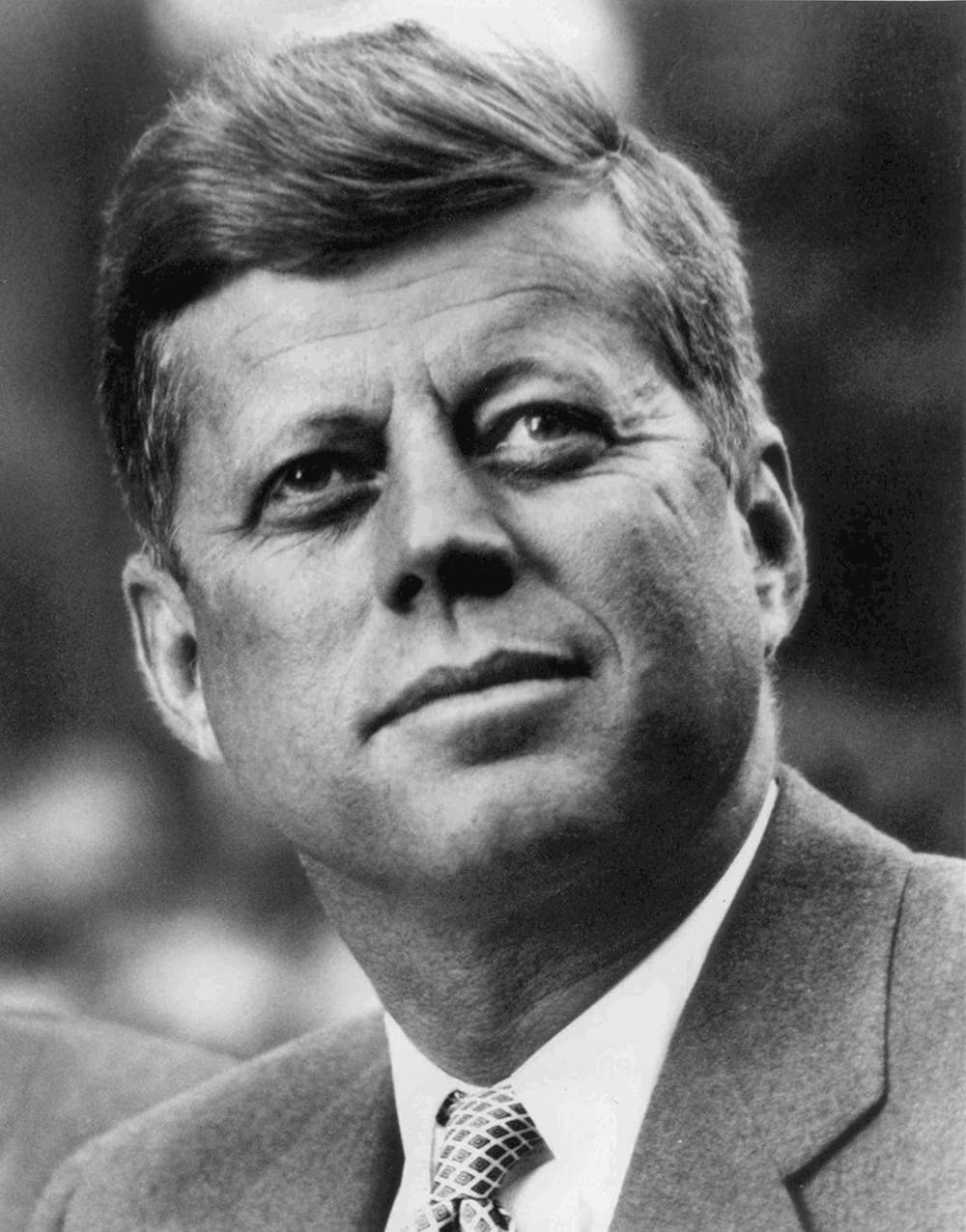
Popularly and lovingly known as JFK, he was probably one of the most loved Presidents’ of the United States of America. His greatest speeches were the perfect combination of optimism, style, and leadership that catapulted his popularity and established him as one of the best orators of all time. When he made his famous inaugural address, it was clear that the helms of the country were in strong hands.
Excerpt:
“In the long history of the world, only a few generations have been granted the role of defending freedom in its hour of maximum danger. I do not shrink from this responsibility — I welcome it. I do not believe that any of us would exchange places with any other people or any other generation. The energy, the faith, the devotion which we bring to this endeavor will light our country and all who serve it — and the glow from that fire can truly light the world.
And so, my fellow Americans: ask not what your country can do for you — ask what you can do for your country.
My fellow citizens of the world: ask not what America will do for you, but what together we can do for the freedom of man.”
Related: Speak like an Orator: How to Impress People with Your Speech
2. Martin Luther King Jr. “I Have a Dream”.
August 28, 1963. Washington, D.C.
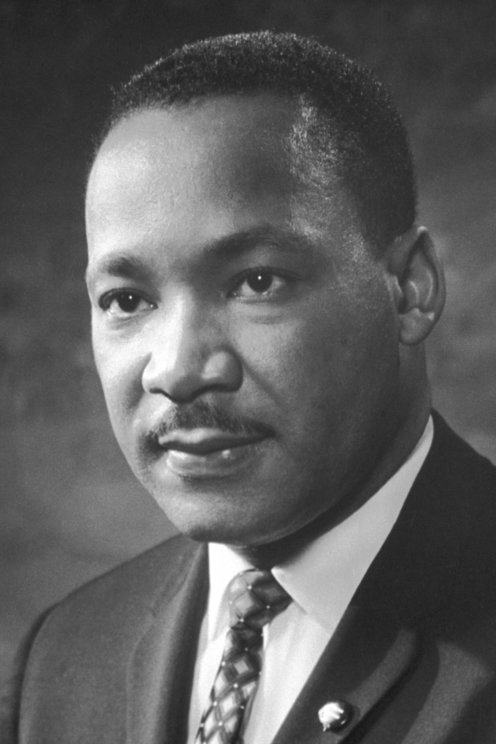
Martin Luther King Jr’s “I have a dream” speech is one of the most talked-about and greatest speeches of this lifetime. 100 years after slavery was abolished, black people were still discriminated against. They were spat on the streets, hosed down with water, denied entry into public places like restaurants, and were not treated like human beings. It was during this tumultuous time that MLK Jr. made his famous speech, which spoke about hope and basic human decency.
Excerpt:
“I have a dream that one day down in Alabama, with its vicious racists, with its governor having his lips dripping with the words of interposition and nullification – one day right there in Alabama little black boys and black girls will be able to join hands with little white boys and white girls as sisters and brothers.
I have a dream today.
I have a dream that one day every valley shall be exalted, and every hill and mountain shall be made low, the rough places will be made plain, and the crooked places will be made straight, and the glory of the Lord shall be revealed and all flesh shall see it together.
This is our hope. This is the faith that I go back to the South with. With this faith, we will be able to hew out of the mountain of despair a stone of hope. With this faith, we will be able to transform the jangling discords of our nation into a beautiful symphony of brotherhood. With this faith, we will be able to work together, to pray together, to struggle together, to go to jail together, to stand up for freedom together, knowing that we will be free one day.
This will be the day, this will be the day when all of God’s children will be able to sing with new meaning “My country ’tis of thee, sweet land of liberty, of thee I sing. The land where my father’s died, land of the Pilgrim’s pride, from every mountainside, let freedom ring!”
Related: 50 Inspiring Martin Luther King Jr. Quotes On Peace, Love and Equality
3. Chief Joseph, Surrender Speech.
October 5, 1877. Montana Territory.
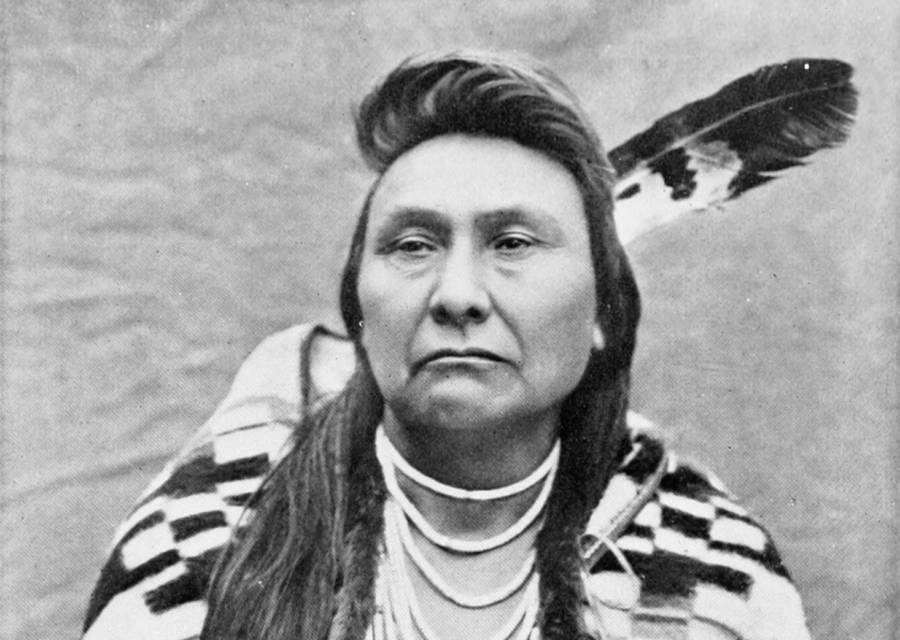
In the year 1877, the military had announced that the leader of the tribe Nez Perce, Chief Joseph along with his tribe had to shift to an Idaho reservation, or face consequences. In order to avoid any kind of confrontation and bloodshed, he heavily emphasized unity, togetherness, and peace. Unfortunately, some of the men in the tribe ended up killing four white men. After traveling for 1700 miles, and fighting the American army, they surrendered General Nelson A. Miles, in the Bear Paw Mountains of Montana Territory. The speech he made while surrendering was nothing short of heartbreaking.
Excerpt:
“Tell General Howard I know his heart. What he told me before, I have it in my heart. I am tired of fighting. Our Chiefs are killed; Looking Glass is dead, Ta Hool Hool Shute is dead. The old men are all dead. It is the young men who say yes or no. He who led on the young men is dead. It is cold, and we have no blankets; the little children are freezing to death. My people, some of them, have run away to the hills, and have no blankets, no food. No one knows where they are – perhaps freezing to death. I want to have time to look for my children and see how many of them I can find. Maybe I shall find them among the dead. Hear me, my Chiefs! I am tired; my heart is sick and sad. From where the sun now stands I will fight no more forever.”
4. Ronald Reagan. Addressing the nation about The Challenger.
January 28, 1986. Washington, D.C.

On January 28, 1986, the whole of USA tuned into their televisions and radios, to witness 7 Americans take off in a space shuttle, known as The Challenger. Unfortunately, just 73 seconds later the whole shuttle was consumed by a fireball, and every person inside the shuttle died. Naturally, the whole country was shattered, and this is when the incumbent President, Ronald Reagan stepped in and made one of his most notable speeches of all time.
Excerpt:
“We’ve grown used to wonders in this century. It’s hard to dazzle us. But for 25 years the United States space program has been doing just that. We’ve grown used to the idea of space, and perhaps we forget that we’ve only just begun. We’re still pioneers. They, the members of the Challenger crew, were pioneers.
The crew of the space shuttle Challenger honored us by the manner in which they lived their lives. We will never forget them, nor the last time we saw them, this morning, as they prepared for the journey and waved goodbye and ‘slipped the surly bonds of earth’ to ‘touch the face of God.’”
You can hear the full speech here.
5. Winston Churchill. “We Shall Fight On The Beaches”.
June 4, 1940. House of Commons, London.
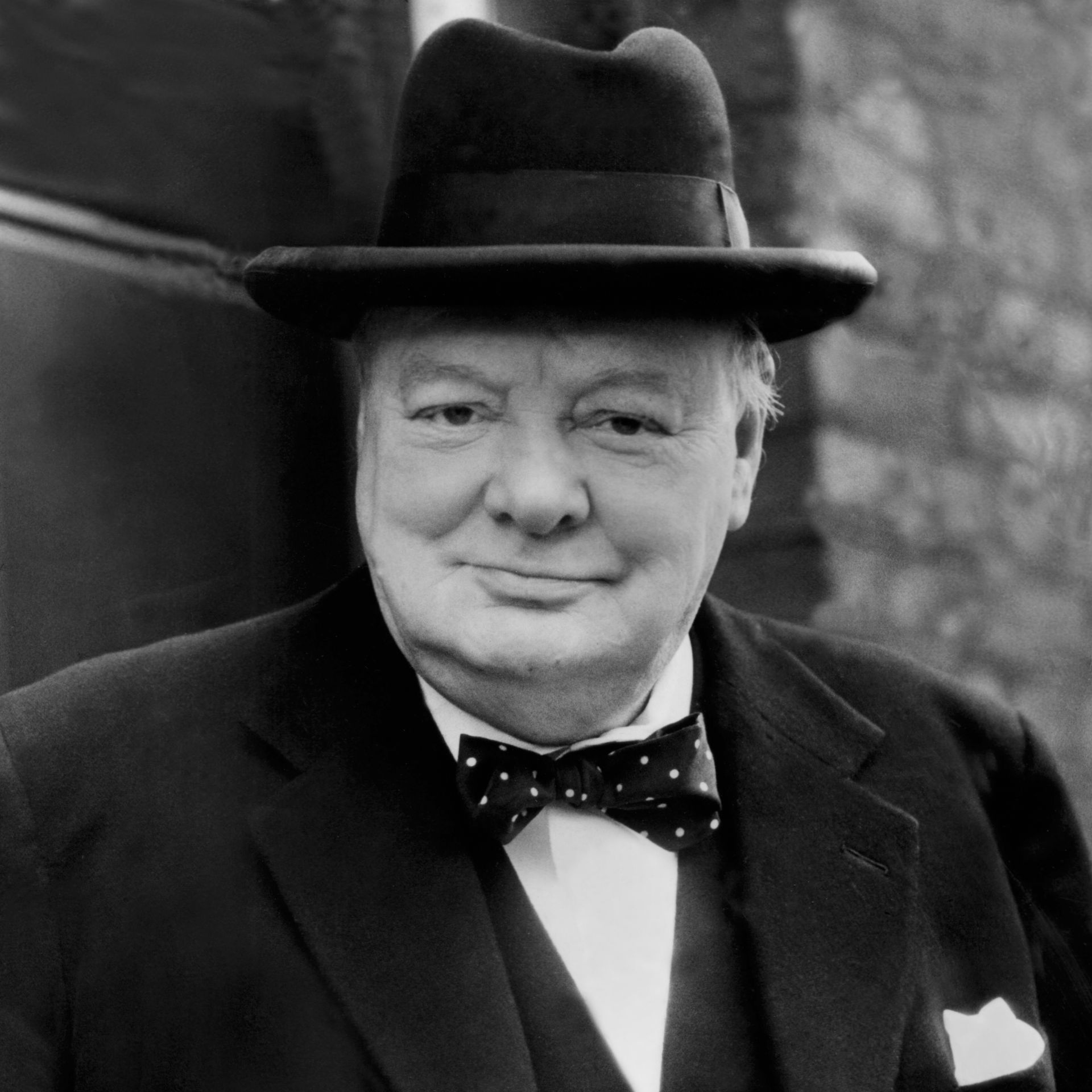
During the battle of France, the entire Allied forces were trapped in the Dunkirk bridgehead due to being cut off from all sides by the German troops. On May 26, a humongous evacuation effort was made for the trapped troops, which was famously known as Operation Dynamo. After the evacuation was done, Churchill spoke in the House of Commons, and delivered one of his most famous speeches.
Excerpt:
“The British Empire and the French Republic, linked together in their cause and in their need, will defend to the death their native soil, aiding each other like good comrades to the utmost of their strength. Even though large tracts of Europe and many old and famous States have fallen or may fall into the grip of the Gestapo and all the odious apparatus of Nazi rule, we shall not flag or fail. We shall go on to the end, we shall fight in France, we shall fight on the seas and oceans, we shall fight with growing confidence and growing strength in the air, we shall defend our Island, whatever the cost may be, we shall fight on the beaches, we shall fight on the landing grounds, we shall fight in the fields and in the streets, we shall fight in the hills; we shall never surrender, and even if, which I do not for a moment believe, this Island or a large part of it were subjugated and starving, then our Empire beyond the seas, armed and guarded by the British Fleet, would carry on the struggle, until, in God’s good time, the New World, with all its power and might, steps forth to the rescue and the liberation of the old.”
6. Charles de Gaulle. The Appeal Of 18 June.
June 18, 1940. London.
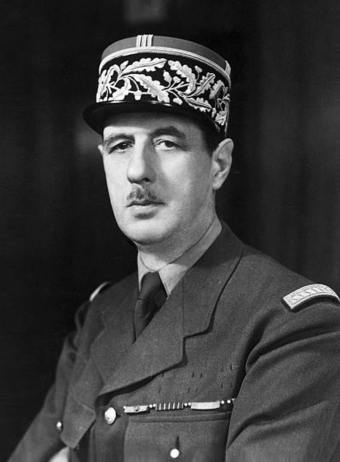
In June 1940, when it was evident that France was losing their motherland to Germany, Charles de Gaulle made his memorable speech. Since he refused to sign an armistice, he was forced to resign from his position, and his successor, Marshal Phillippe Petain worked towards fostering peace with Germany. Since he was vehemently against this decision, he escaped to England and obtained Winston Churchill’s permission to make a speech on the BBC radio.
Excerpt:
“But has the last word been said? Must hope disappear? Is defeat final? No!
This war is not limited to the unfortunate territory of our country. This war is not over as a result of the Battle of France. This war is a worldwide war. All the mistakes, all the delays, all the suffering, do not alter the fact that there are, in the world, all the means necessary to crush our enemies one day. Vanquished today by mechanical force, in the future we will be able to overcome by a superior mechanical force. The fate of the world depends on it.”
You can read the full speech here.
7. Alexander, The Great.
326 B.C.; Hydaspes River, India
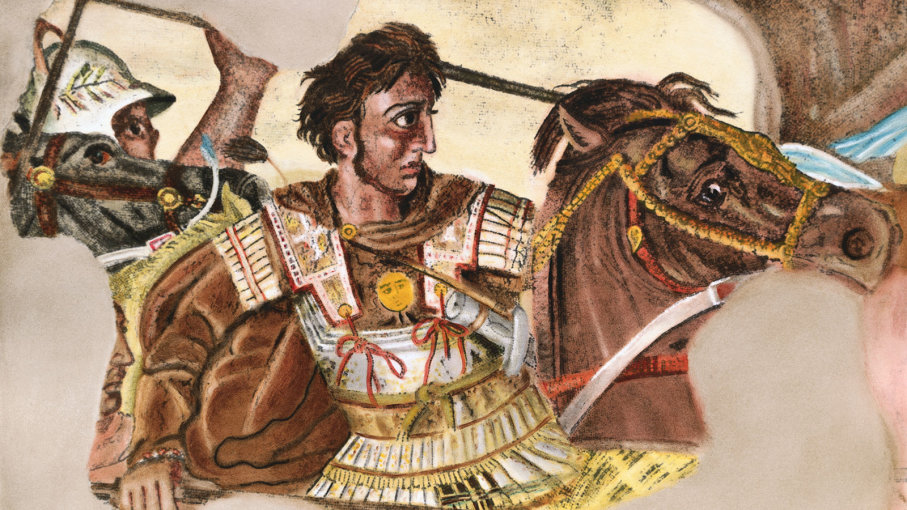
When Alexander decided to conquer India, he bit off more than he could chew. After fighting for 10 years, his men were exhausted and did not want to fight another battle. They simply wanted to go back home. In order to instill motivation in his men, he made this rousing speech to drive them to fight and win.
Excerpt:
“I could not have blamed you for being the first to lose heart if I, your commander, had not shared in your exhausting marches and your perilous campaigns; it would have been natural enough if you had done all the work merely for others to reap the reward. But it is not so. You and I, gentlemen, have shared the labor and shared the danger, and the rewards are for us all. The conquered territory belongs to you; from your ranks, the governors of it are chosen; already the greater part of its treasure passes into your hands, and when all Asia is overrun, then indeed I will go further than the mere satisfaction of our ambitions: the utmost hopes of riches or power which each one of you cherishes will be far surpassed, and whoever wishes to return home will be allowed to go, either with me or without me. I will make those who stay the envy of those who return.”
8. George Washington. Resignation Speech.
December 23, 1784. Annapolis, Maryland.

When the Revolutionary War was on the verge of ending, almost everyone believed that George Washington would make a grab for supreme power. But he surprised everyone by doing the exact opposite because he realized that that would be detrimental for America. He made his famous Resignation Speech in front of the Continental Congress and emphasized oh how doing the right thing is not always easy. It still remains one of this greatest speeches.
Excerpt:
“I consider it an indispensable duty to close this last solemn act of my Official life, by commending the Interests of our dearest Country to the protection of Almighty God, and those who have the superintendence of them, to his holy keeping.
Having now finished the work assigned me, I retire from the great theater of Action; and bidding an Affectionate farewell to this August body under whose orders I have so long acted, I here offer my Commission, and take my leave of all the employments of public life.”
You can read the full speech here.
Related: This Mind-Blowing Speech By Morgan Freeman Will Make You Question Every Life Decision You’ve Made
9. Socrates. The Apology Speech.
399 B.C. Athens.
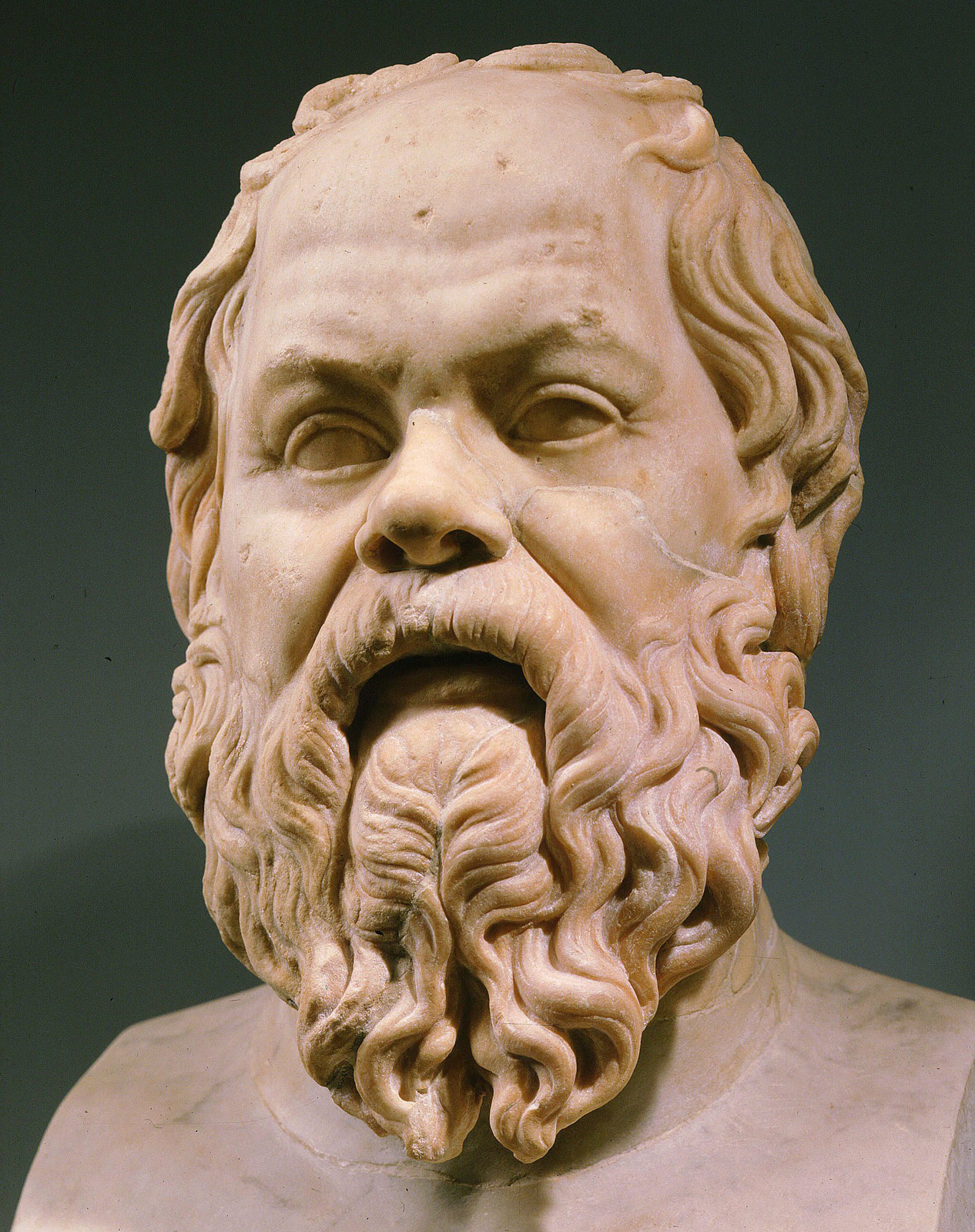
Being the open-minded person Socrates was, and not to forget one of the greatest, he was swiftly arrested on charges for “corrupting the minds of the youth”. But Socrates never begged for his freedom, rather he accepted the charges and tried to convince his jury. However, he was sentenced to death by hemlock.
Excerpt:
“Someone will say: Yes, Socrates, but cannot you hold your tongue, and then you may go into a foreign city, and no one will interfere with you? Now I have great difficulty in making you understand my answer to this. For if I tell you that to do as you say would be a disobedience to the God, and therefore that I cannot hold my tongue, you will not believe that I am serious; and if I say again that daily to discourse about virtue, and of those other things about which you hear me examining myself and others, is the greatest good of man, and that the unexamined life is not worth living, you are still less likely to believe me.”
10. Mahatma Gandhi. Quit India Movement.
August 8, 1942. India.
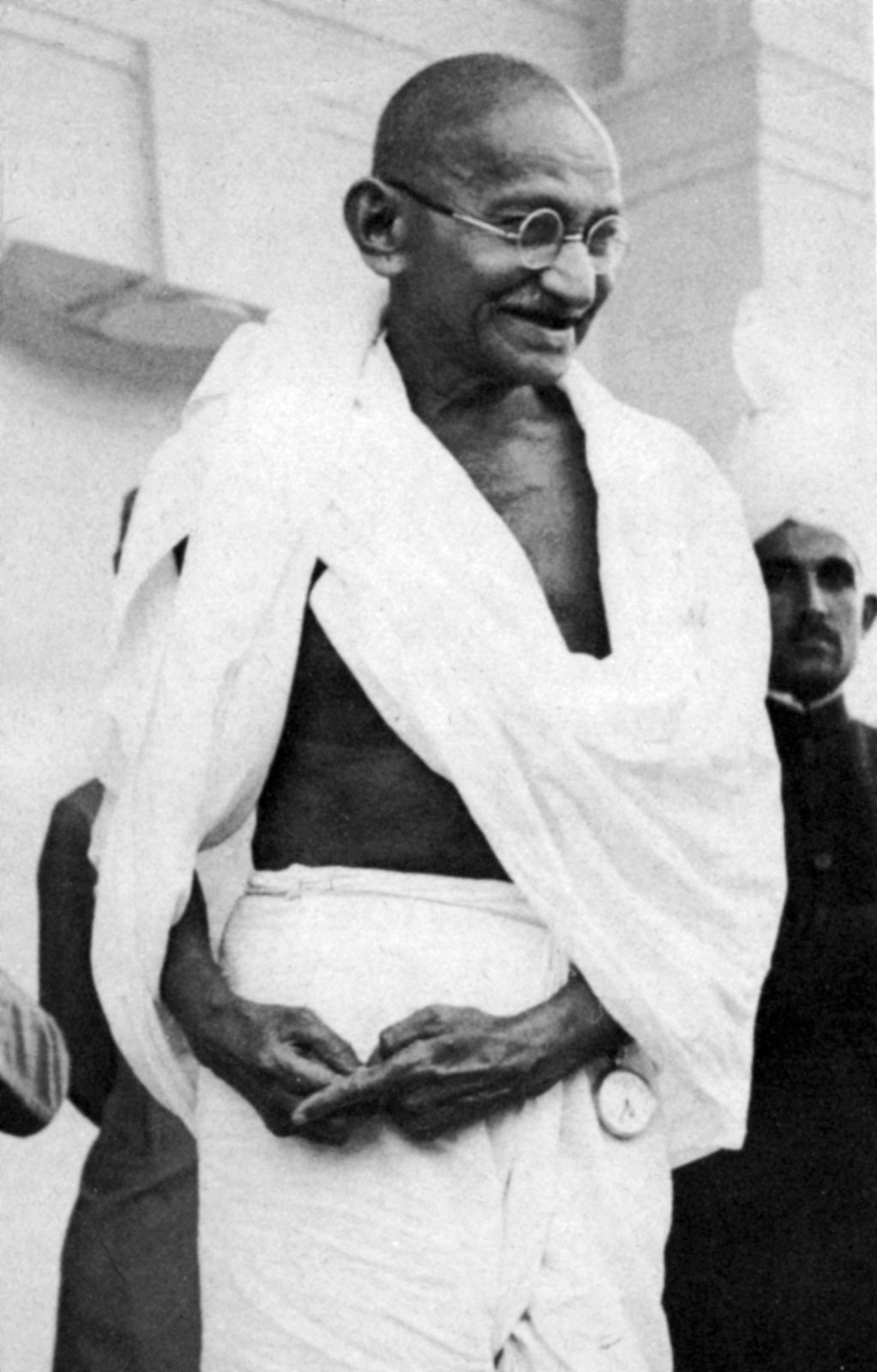
When India was fighting to win back it’s freedom and respect from the ruthless British empire, Mahatma Gandhi was at its forefront. Gandhi along with other leaders pushed the British to quit India, hence the name. Since he believed in the principle of non-violence, he started the Quit India Movement with one of the greatest speeches known to mankind.
Excerpt:
“I believe that in the history of the world, there has not been a more genuinely democratic struggle for freedom than ours. I read Carlyle’s French Resolution while I was in prison, and Pandit Jawaharlal has told me something about the Russian revolution. But it is my conviction that inasmuch as these struggles were fought with the weapon of violence they failed to realize the democratic ideal. In the democracy which I have envisaged, a democracy established by non-violence, there will be equal freedom for all. Everybody will be his own master. It is to join a struggle for such democracy that I invite you today. Once you realize this you will forget the differences between the Hindus and Muslims, and think of yourselves as Indians only, engaged in the common struggle for independence.”
11. William Faulkner. Nobel Prize Acceptance Speech.
December 10, 1950. Stockholm, Sweden.
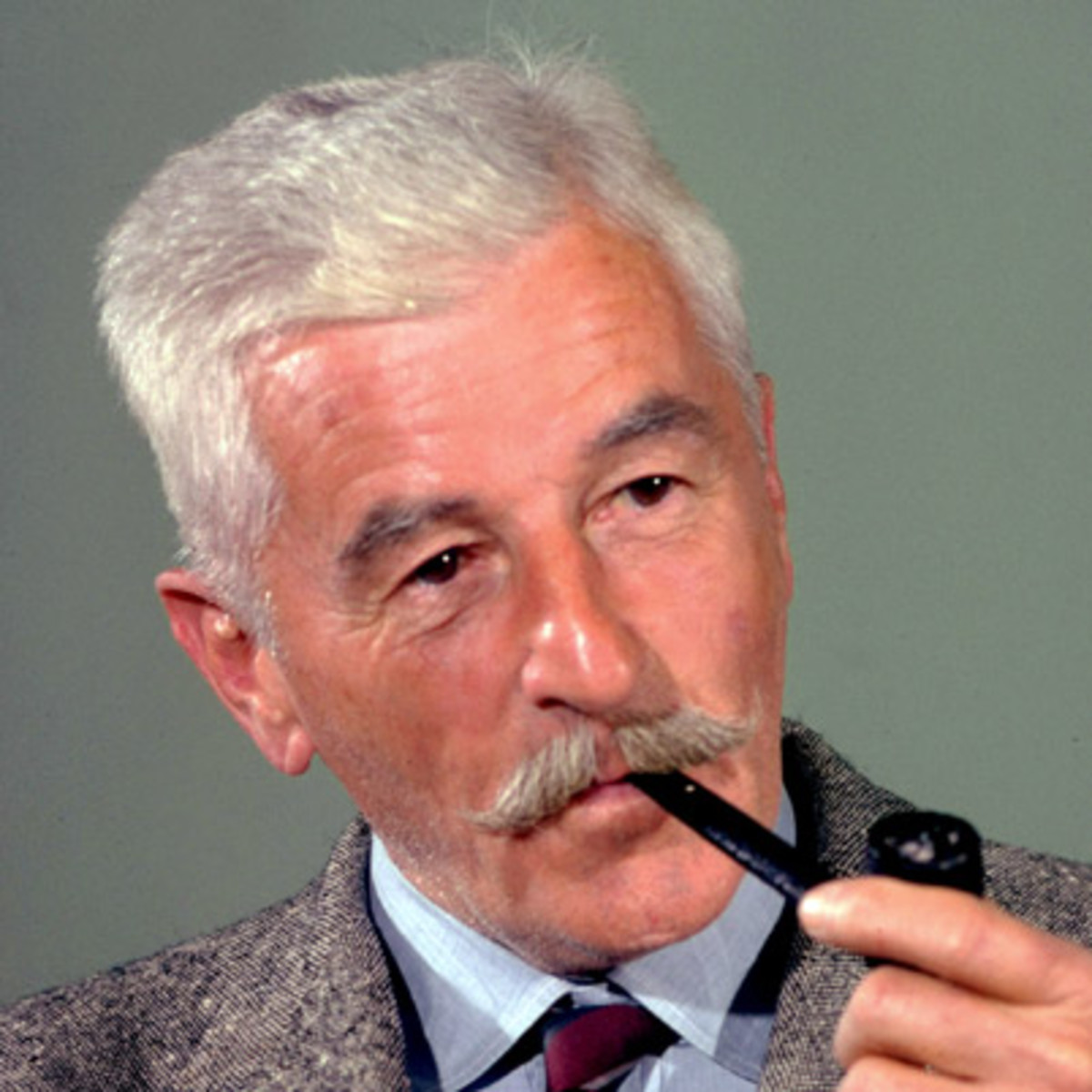
Prior to winning the Nobel Peace Prize, William Faulkner had never disclosed his flair for the verbose. Naturally, there was a lot of curiosity regarding his acceptance speech. Due to the ongoing political tension in the country, he clearly said that instead of being afraid, it is imperative that every human being focus on the human spirit, and work towards peace and prosperity.
Excerpt:
“I decline to accept the end of man. It is easy enough to say that man is immortal because he will endure: that when the last ding-dong of doom has clanged and faded from the last worthless rock hanging tideless in the last red and dying evening, that even then there will still be one more sound: that of his puny inexhaustible voice, still talking. I refuse to accept this. I believe that man will not merely endure: he will prevail. He is immortal, not because he alone among creatures has an inexhaustible voice, but because he has a soul, a spirit capable of compassion and sacrifice and endurance. The poet’s, the writer’s, duty is to write about these things. It is his privilege to help man endure by lifting his heart, by reminding him of the courage and honor and hope and pride and compassion and pity and sacrifice which have been the glory of his past. The poet’s voice need not merely be the record of man, it can be one of the props, the pillars to help him endure and prevail.”
12. Abraham Lincoln. Second Inaugural Address.
March 4, 1865. Washington, D.C.
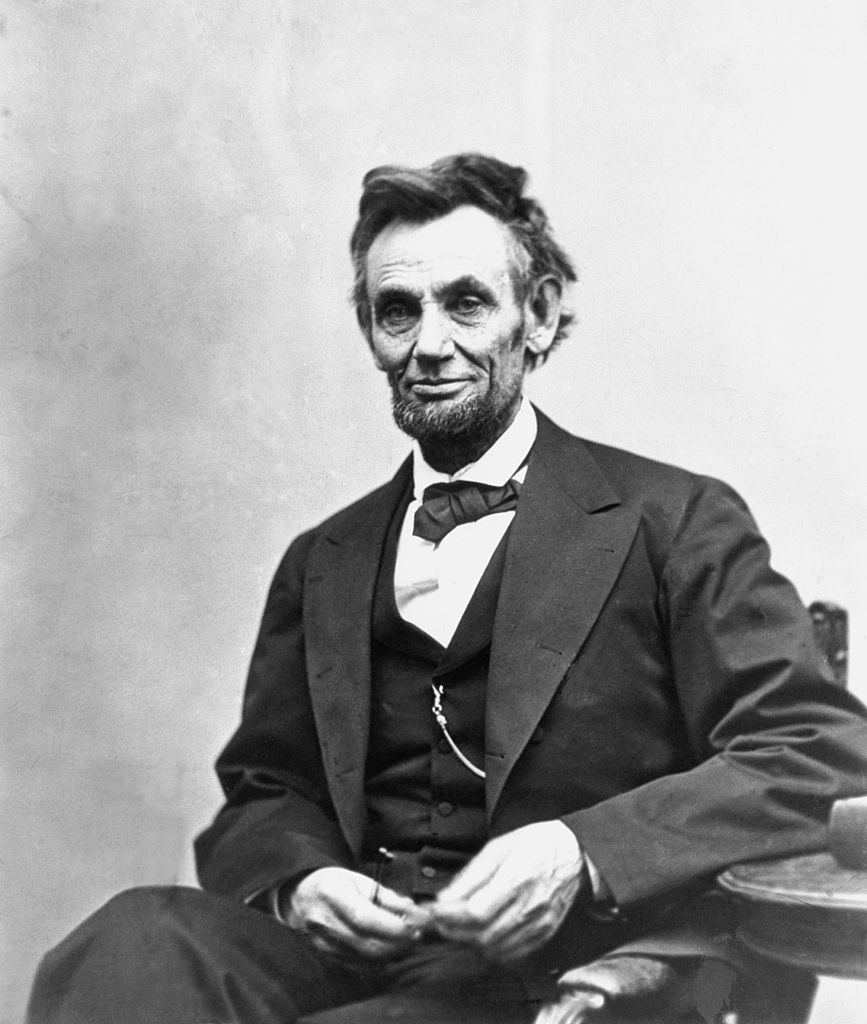
When Abraham Lincoln came to power for the second time, he did not focus on his victory. Rather, he appealed to the nation and said that the war was happening between two brothers, and the secession of the South was relatively not possible. He was also ready to be lenient with the South.
Excerpt:
“With malice toward none, with charity for all, with firmness in the right as God gives us to see the right, let us strive on to finish the work we are in, to bind up the nation’s wounds, to care for him who shall have borne the battle and for his widow and his orphan, to do all which may achieve and cherish a just and lasting peace among ourselves and with all nations.”
You can read the full speech here.
13. Jesus Christ. The Sermon on the Mount.
33 A.D. Jerusalem.
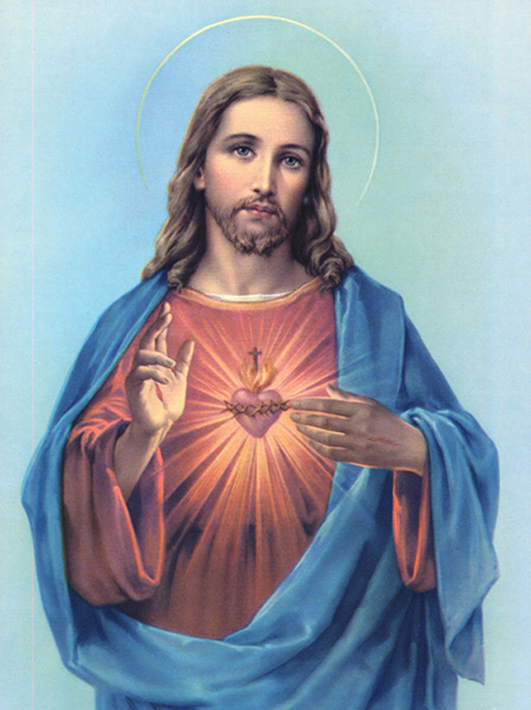
The Sermon Of Mount speech by Jesus Christ is probably the most famous and the greatest speech of all time. There is probably no other speech in this world that has been quoted, dissected, or spoken about so much. This speech has given both believers and non-believers alike, something to discuss even two thousand years later.
Excerpt:
“Blessed are the poor in spirit: for theirs is the kingdom of heaven.
Blessed are they that mourn: for they shall be comforted.
Blessed are the meek: for they shall inherit the earth.
Blessed are they which do hunger and thirst after
righteousness: for they shall be filled.
Blessed are the merciful: for they shall obtain mercy.
Blessed are the pure in heart: for they shall see God.
Blessed are the peacemakers: for they shall be called the
children of God.
Blessed are they which are persecuted for righteousness’ sake:
for theirs is the kingdom of heaven.”
See Matthew Chapter 5-7 for the entire speech.
Related: 15 Enlightening TED Talks on Emotional Intelligence
14. Frederick Douglass. “What to the Slave is the Fourth of July?”
July 5, 1852. Rochester, NY.
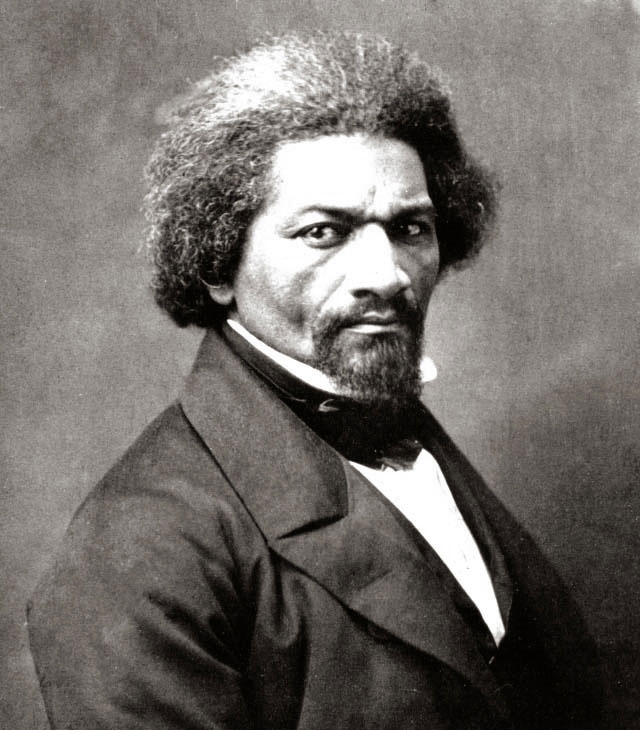
Frederick Douglass was an abolitionist, former slave, and an outspoken advocate of the anti-slavery belief. His thinking was way ahead of his times, and his speeches made even liberal people feel uncomfortable and hang their heads in shame; even though he was always unanimously applauded by his audiences when he was finished.
Excerpt:
“I am not included within the pale of this glorious anniversary! Your high independence only reveals the immeasurable distance between us. The blessings in which you this day rejoice are not enjoyed in common. The rich inheritance of justice, liberty, prosperity, and independence bequeathed by your fathers is shared by you, not by me. The sunlight that brought life and healing to you has brought stripes and death to me. This Fourth of July is yours, not mine. You may rejoice, I must mourn. To drag a man in fetters into the grand illuminated temple of liberty, and call upon him to join you in joyous anthems, were inhuman mockery and sacrilegious irony. Do you mean, citizens, to mock me, by asking me to speak today?”
You can read the full speech here.
15. Pericles. Funeral Speech.
431 BC. Athens.
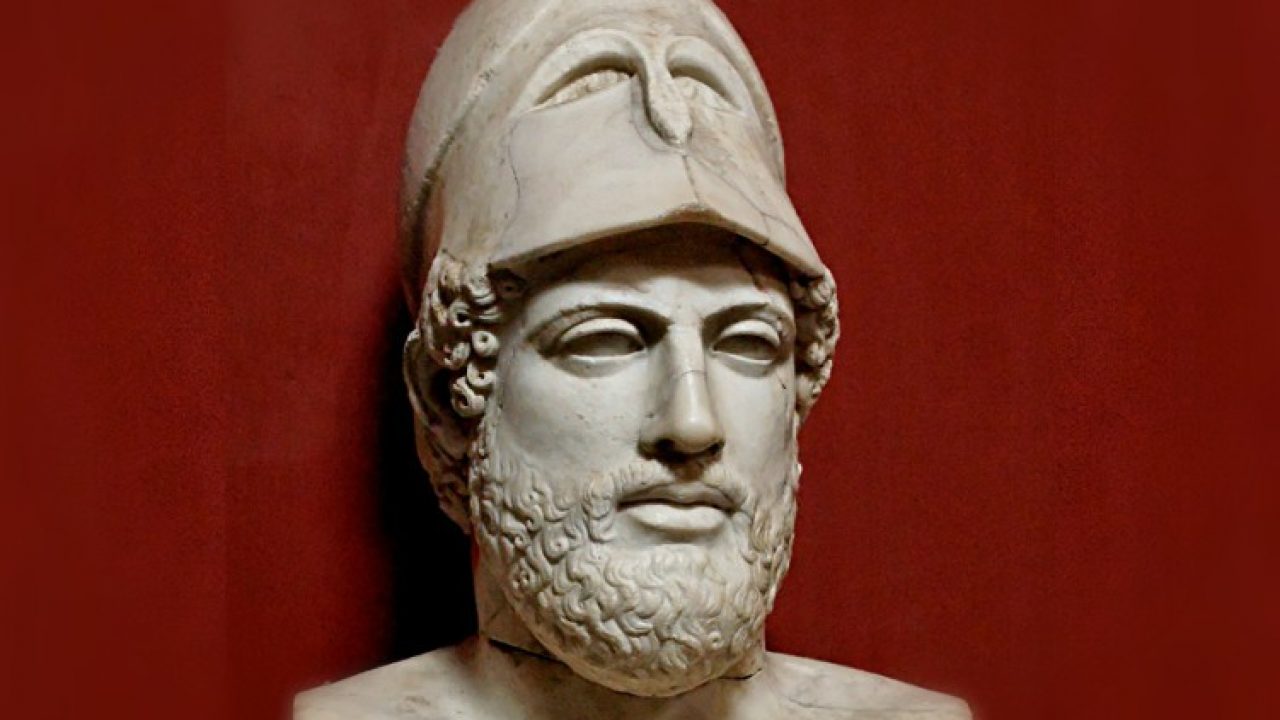
Pericles is considered to be one of the greatest orators of all time. He was mentored by the great philosopher, Anaxagoras. His speeches motivated and inspired Athenians to fight to become the greatest power in Greece. In February 431 B.C., when he was asked to give the funeral oration for the fallen heroes, he did not concentrate on the conquests and gave one of the greatest speeches ever. Rather, he focused on the glories of the country and inspired the people to not let the sacrifices go in vain. Did you know that his funeral oration inspired Abraham Lincoln’s famous Gettysburg Address?
Excerpt:
“So died these men as became Athenians. You, their survivors, must determine to have as unfaltering a resolution in the field, though you may pray that it may have a happier issue. And not contented with ideas derived only from words of the advantages which are bound up with the defense of your country, though these would furnish a valuable text to a speaker even before an audience so alive to them as the present, you must yourselves realize the power of Athens, and feed your eyes upon her from day to day, till the love of her fills your hearts; and then, when all her greatness shall break upon you, you must reflect that it was by courage, sense of duty, and a keen feeling of honor in action that men were enabled to win all this, and that no personal failure in an enterprise could make them consent to deprive their country of their valor, but they laid it at her feet as the most glorious contribution that they could offer.”
You can read the full speech here.
We hope you liked this compilation of the greatest speeches of all time. Let us know in the comments down below, which one was your favorite.
If you want to know more about the greatest speeches of this world, then check this video out below:


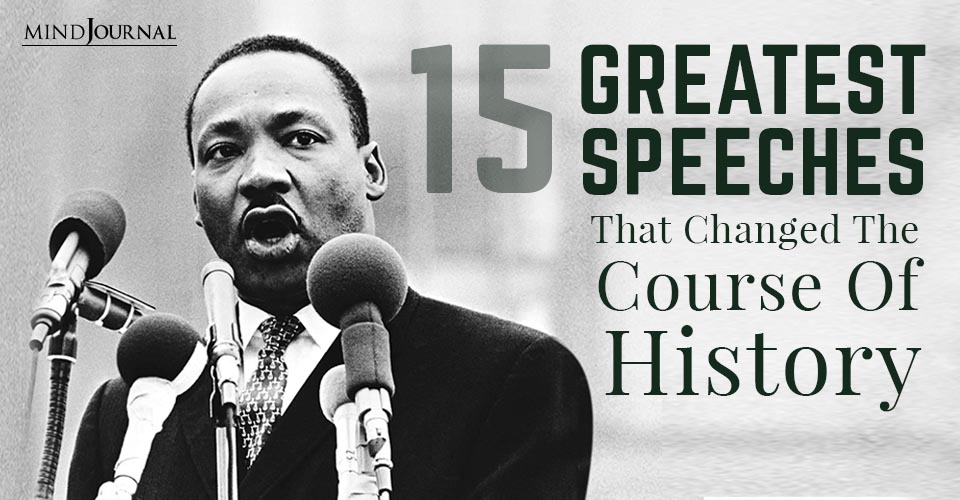







Leave a Reply